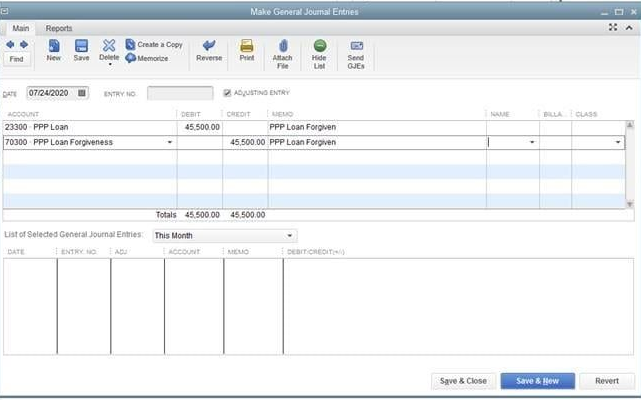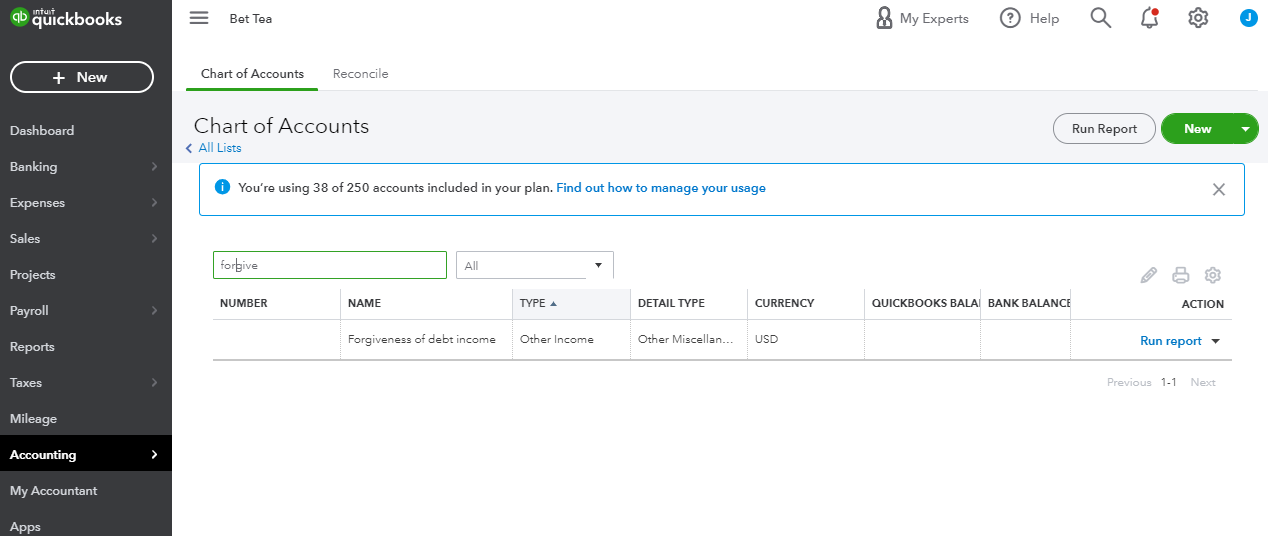Joint personal loans: Know when this option is recommended

Anúncios
Joint personal loans can be an attractive option for those looking to increase their chances of approval and improve financing conditions.
This option allows two people to share responsibility for the loan, whether to consolidate debts, finance a major purchase, or undertake a renovation.
Anúncios
However, it is important to fully understand the characteristics and implications of this type of credit before choosing it.
Keep reading to learn more about when the option of joint personal loans is a good idea!
Anúncios
What are joint personal loans?
Joint personal loans are financing options where two people jointly take on responsibility for the requested credit.
In this type of loan, both the primary applicant and the co-applicant are responsible for the debt, meaning both are required to pay off the total balance, regardless of who makes the monthly payments.
This modality is ideal for couples, family members, or friends who want to split the costs of a specific project and improve their chances of approval, as the financial institution considers both applicants’ income and credit history.
This type of loan increases the total approved amount and improves interest rates, especially when one applicant has a lower credit score.
However, the commitment is mutual and requires careful consideration, as both names will be tied to the debt.
Understanding how joint loans work
In a joint personal loan, the credit application includes the financial and credit information of two people.
This means the bank or financial institution assesses both applicants’ income and credit score, allowing one applicant’s profile to complement the other’s.
If one applicant has a good credit history and stable income, this combination can result in more attractive interest rates and better payment terms.
During the credit analysis process, banks check whether both applicants can meet the financing obligations.
Once approved, the loan is disbursed, and payments are a joint responsibility, meaning that, in case of default, both credit scores will be affected.
This interdependence demands solid financial planning and clear communication between the parties involved to avoid future issues.

Is it worth applying for this type of loan?
Opting for a joint personal loan can be advantageous in some specific situations. However, it can also carry risks. Before deciding, it’s essential to weigh the pros and cons of this choice.
Pros
- Increased approval chances: With two combined income sources, the financial profile is viewed with more security by banks, which can facilitate credit approval.
- Better financing conditions: When one party has a low credit score, the higher score of the other can help lower interest rates and improve payment terms.
- Higher credit amount: By combining incomes, it’s possible to obtain a larger loan amount, allowing for larger projects or covering higher-impact financial needs.
- Shared responsibility: Joint loans can relieve the individual financial burden, as monthly costs can be equally split between both applicants.
Cons
- Joint liability: If one party fails to pay, the other applicant must cover the entire debt, which can strain relationships and jeopardize both parties’ financial stability.
- Impact on both credit scores: In case of delays or defaults, both credit scores will suffer, potentially affecting future credit applications.
- Possible complications in case of separation: In cases of divorce or partnership dissolution, the joint loan can become a source of conflict. As both are responsible for the debt, the payment agreement must be maintained until the balance is paid off.
When to choose a joint personal loan?
A joint personal loan is recommended for situations where both applicants share a common goal and are willing to share financial responsibility.
For instance, couples planning to renovate a home, purchase a vehicle, or consolidate debts may benefit from the advantages offered by this modality.
Additionally, it is a good option for those who, individually, cannot secure favorable credit terms but together present a more attractive profile to lenders.
This type of loan can also be advantageous when one party has a poor credit score but a reliable payment history, and the other has a high score and stable income.
In such cases, the joint loan balances the profiles, helping to achieve more accessible payment terms.
How to apply for joint personal loans?
Applying for a joint personal loan requires some important steps to ensure a faster and safer approval process. Here’s what’s needed to effectively apply.
Define the applicants
The first step is to identify the two applicants, ensuring that both have a trustworthy relationship and clear financial goals.
This relationship is essential, as the debt will be a joint responsibility, requiring commitment from both parties.
Understanding the purpose of the loan
Before proceeding with the application, it’s essential to discuss the purpose of the financing and how each party will benefit from it.
Defining the loan objective helps calculate the exact amount needed and select the ideal payment term, considering both applicants’ financial capabilities.
Review income and credit score
The financial institution will evaluate the combined income and credit scores of the applicants, so it’s important that both have their credit in good standing.
Before submitting the application, check the credit scores and see if any outstanding issues can be improved to avoid negatively impacting the analysis.

Look for options and make comparisons
Not all banks and financial institutions offer the same joint loan terms. Research the available options and compare interest rates, terms, and conditions.
Choosing the right institution can make a significant difference in the total financing costs.
Submit the application
With all requirements reviewed, it’s time to submit the credit application to the financial institution. Some banks allow online applications, while others require an in-person visit.
Ensure you have all necessary documents, including income proofs and personal documents, to facilitate the process.
Joint personal loans offer a practical and potentially advantageous way to finance large projects or consolidate debts.
However, this modality requires trust and good planning, as both applicants are equally responsible for the debt.
Carefully assessing the pros and cons and understanding the process requirements are essential steps to making an informed and safe choice.
If you’re considering this option, follow the presented guidelines to make a decision that benefits your finances and goals. Keep visiting our site for more financial tips and information about personal credit!
Need a suggestion? Also, read our content explaining how to set financial goals efficiently and effectively!





